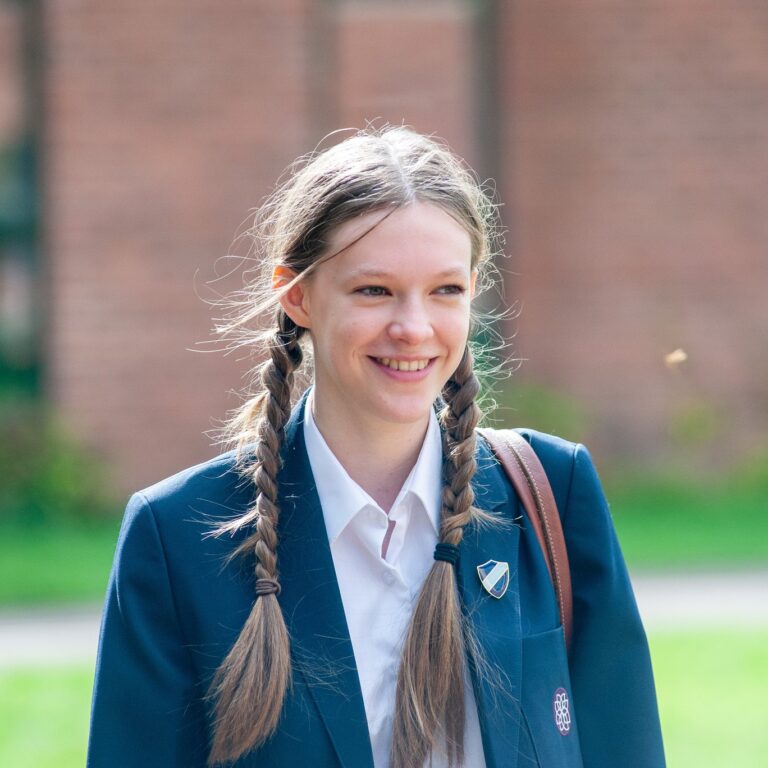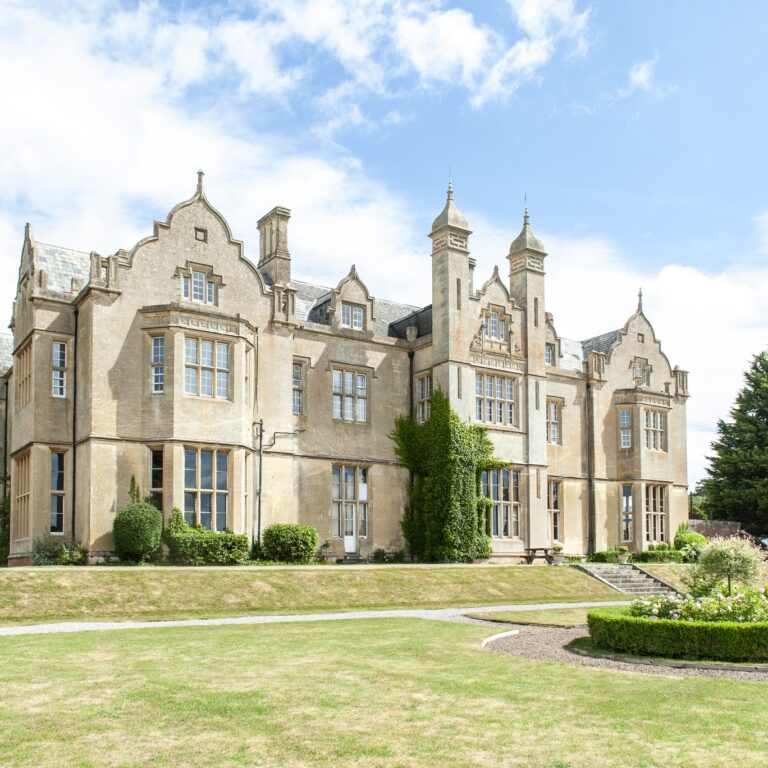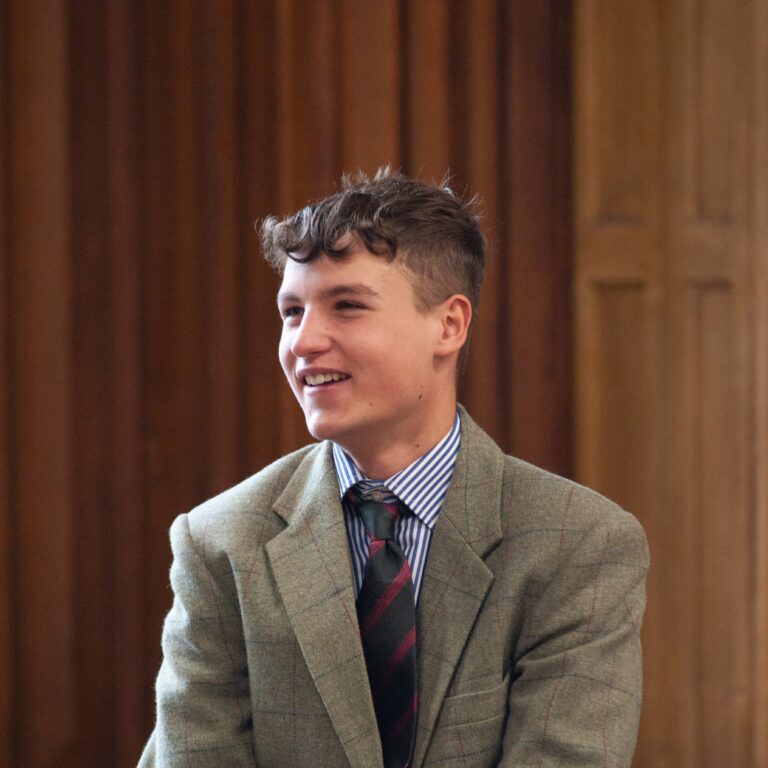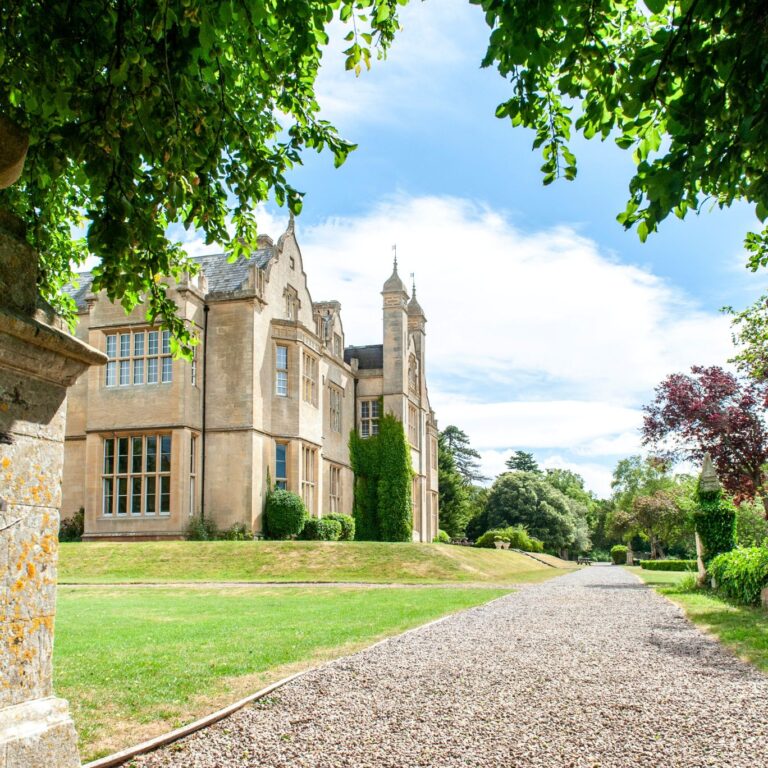At Bredon School, our Sixth Form curriculum is designed to give every student the chance to follow the pathway that best reflects their talents and ambitions.
For September 2026, we are delighted to launch the Vocational + Pathway, that focuses on developing industry-relevant, career-ready skills, giving students practical experience and preparing them confidently for the world of work:
Professional Cookery with Leiths
Outdoor Education & Fitness Instruction
Land-Based Estate Studies, including Countryside Management, Engineering and Agriculture
The Vocational + subjects sit seemlessly alongside our established subjects within the Academic, Creative and Vocational Pathways.
The wonderfully diverse breadth of offer ensures that each of our oldest students can choose the courses that inspire them, play to their strengths and build confidence. Students are also able to resit GCSEs in English, Maths and Biology.





